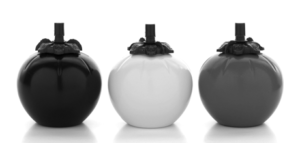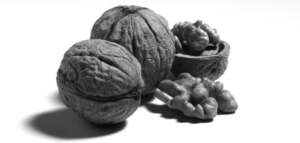If you pile your plate with healthy salad and grilled fish or chicken, you may think you’re on a fast track to weight loss. However, it’s the bits on the side that can trip you up.
A dollop of mayonnaise (about 2 tablespoons) caries around 100 calories. Ketchup is better, but depending on how much you use, you could be adding around 50 calories and a whole lot of sugar to your meals.
Why not make your own dressing from fat-free Greek yoghurt instead? And swap normal ketchup for a reduced sugar variety, or use fresh, sliced tomatoes as a garnish instead.






